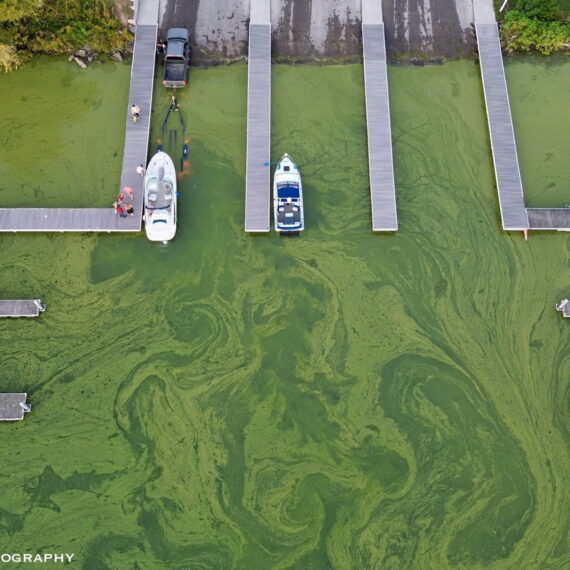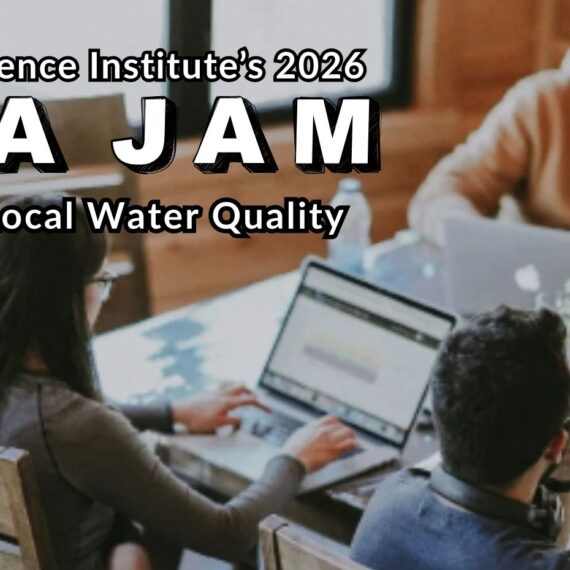A new collaboration between the Seneca Lake Pure Waters Association (SLPWA) and the Community Science Institute (CSI) to monitor streams flowing into Seneca Lake has kicked off with volunteer training workshops, which are now completed. Monitoring will begin in late May. The goal of the pilot Stream Analysis Project is to monitor three streams that flow into Seneca Lake in order to begin to characterize water quality and identify major sources of nutrient and chemical pollution that enters Seneca Lake.
The Seneca Lake Pure Waters Association, whose mission is to enhance and preserve the quality of Seneca Lake, is concerned about the future water quality of Seneca Lake and its tributary streams. Recent studies by the Finger Lakes Institute indicate that phosphate and nitrogen levels are increasing in the lake. Although several scientific research studies have been done on the water quality of the lake itself, little data exists for many of Seneca Lake’s tributary streams, which affect the water quality of Seneca Lake as a whole.
SLPWA approached CSI in 2013 to develop a pilot program for the Seneca Lake watershed, similar to CSI’s Cayuga Lake volunteer program. In subsequent months, SLPWA recruited more than 40 of its members to volunteer to monitor three tributary streams as part of the pilot program: Catherine Creek in the south, Big Stream in the west, and Reeder Creek in the east. Volunteers were trained during two recent workshops where they learned about how to select monitoring locations, collect representative water samples from a stream, and complete chain-of-custody forms for tracking samples.
Each of the selected streams are home to sources of pollution entering the lake. Aging wastewater treatment facilities in Montour Falls and Dundee have been cited numerous times in recent years for exceeding their permit levels when discharging effluent into Catherine Creek and Big Stream, respectively. The Reeder Creek watershed contains the Seneca Army Depot, an EPA Superfund site that has well-documented soil and water contamination resulting from years of munitions storage and disposal, among other activities in addition to an aging waste water treatment facility that serves the Hillside Children’s Center in Romulus. The pilot program will document the extent of these and other sources of pollution as the streams move throughout the watershed and eventually empty into Seneca Lake. The long-term plan is to expand the number of monitoring locations on tributaries in the Seneca Lake watershed.
Volunteers will hold their first monitoring event on May 19th. Results will be published in CSI’s online database once certified analysis has been completed.



